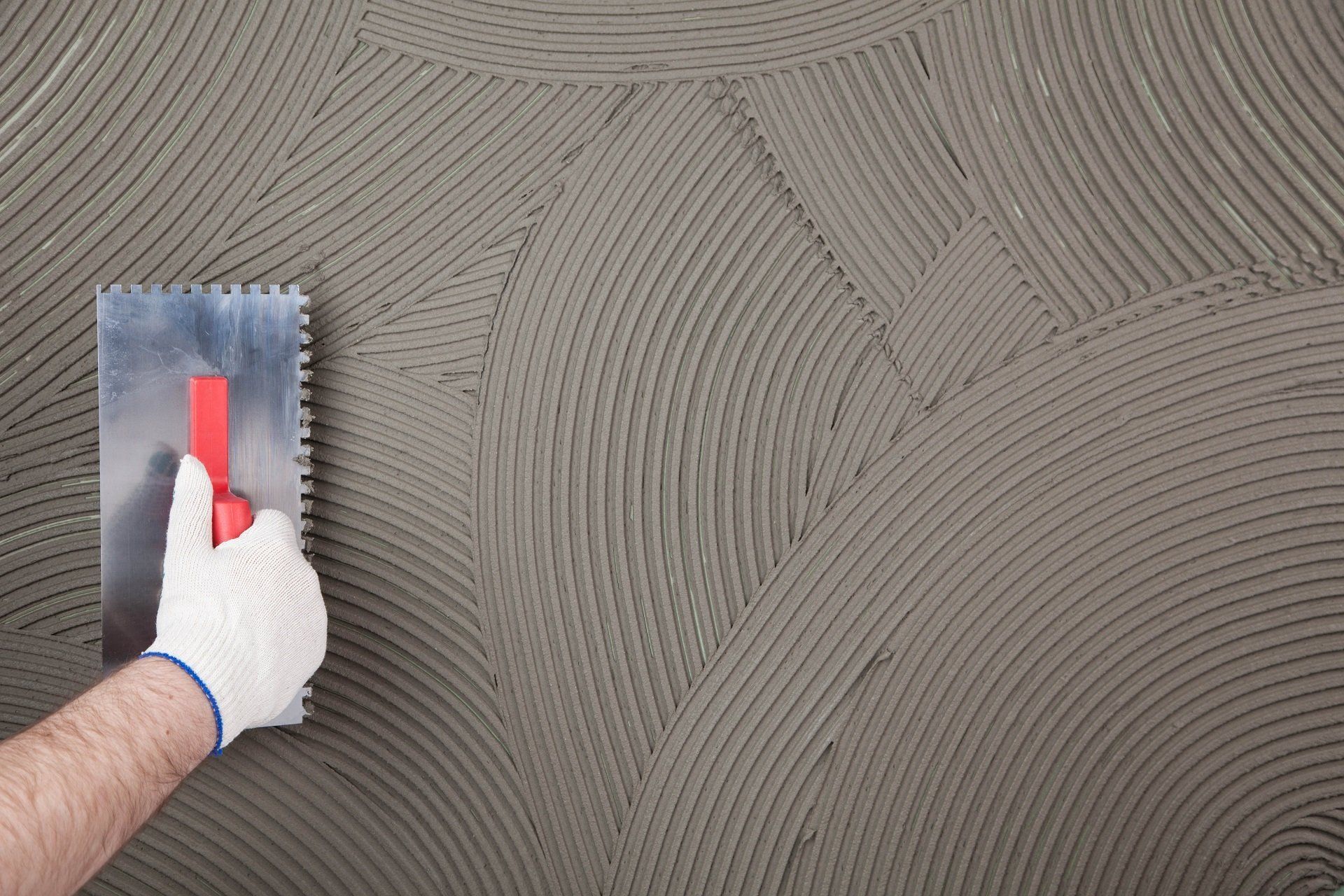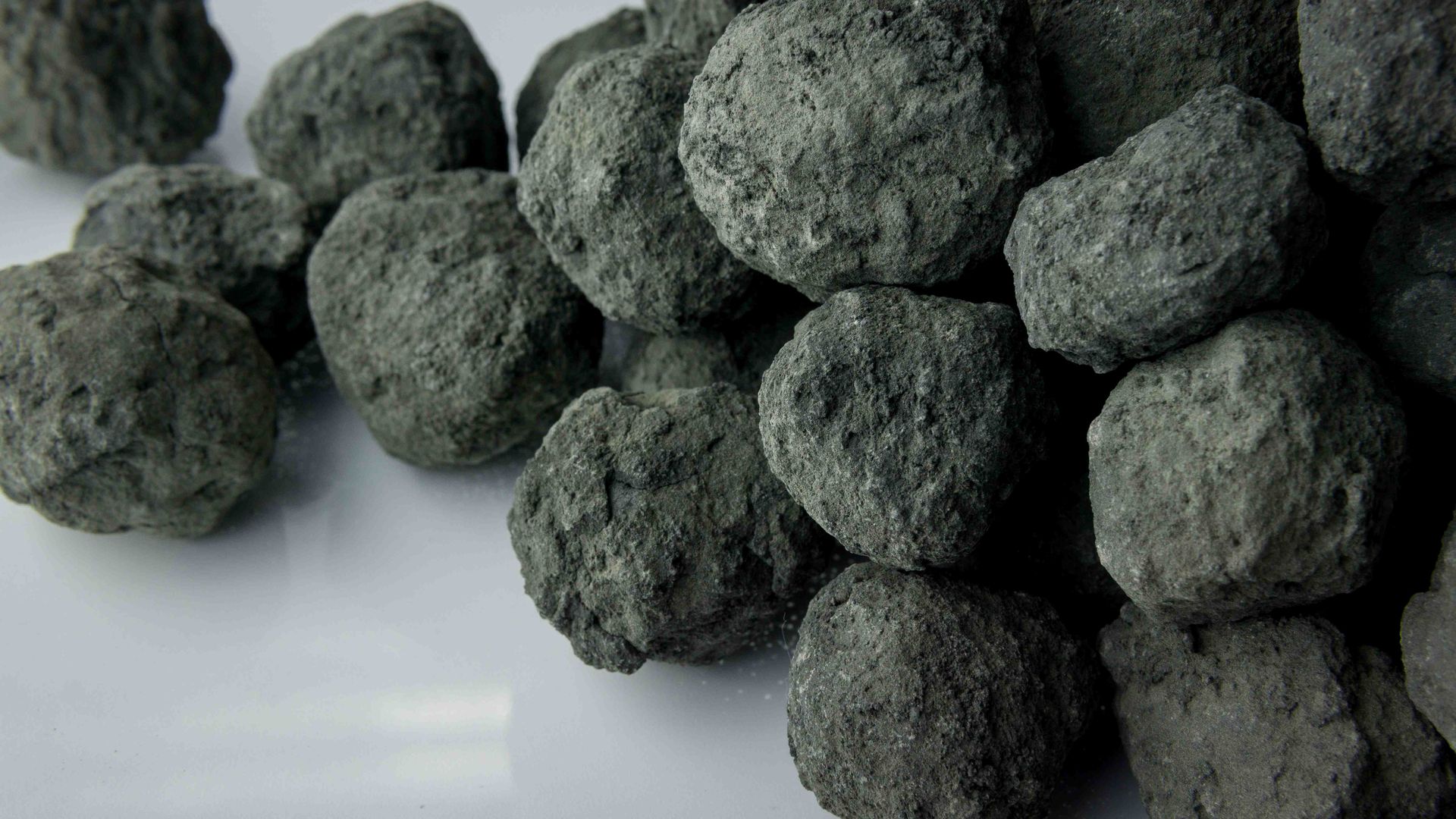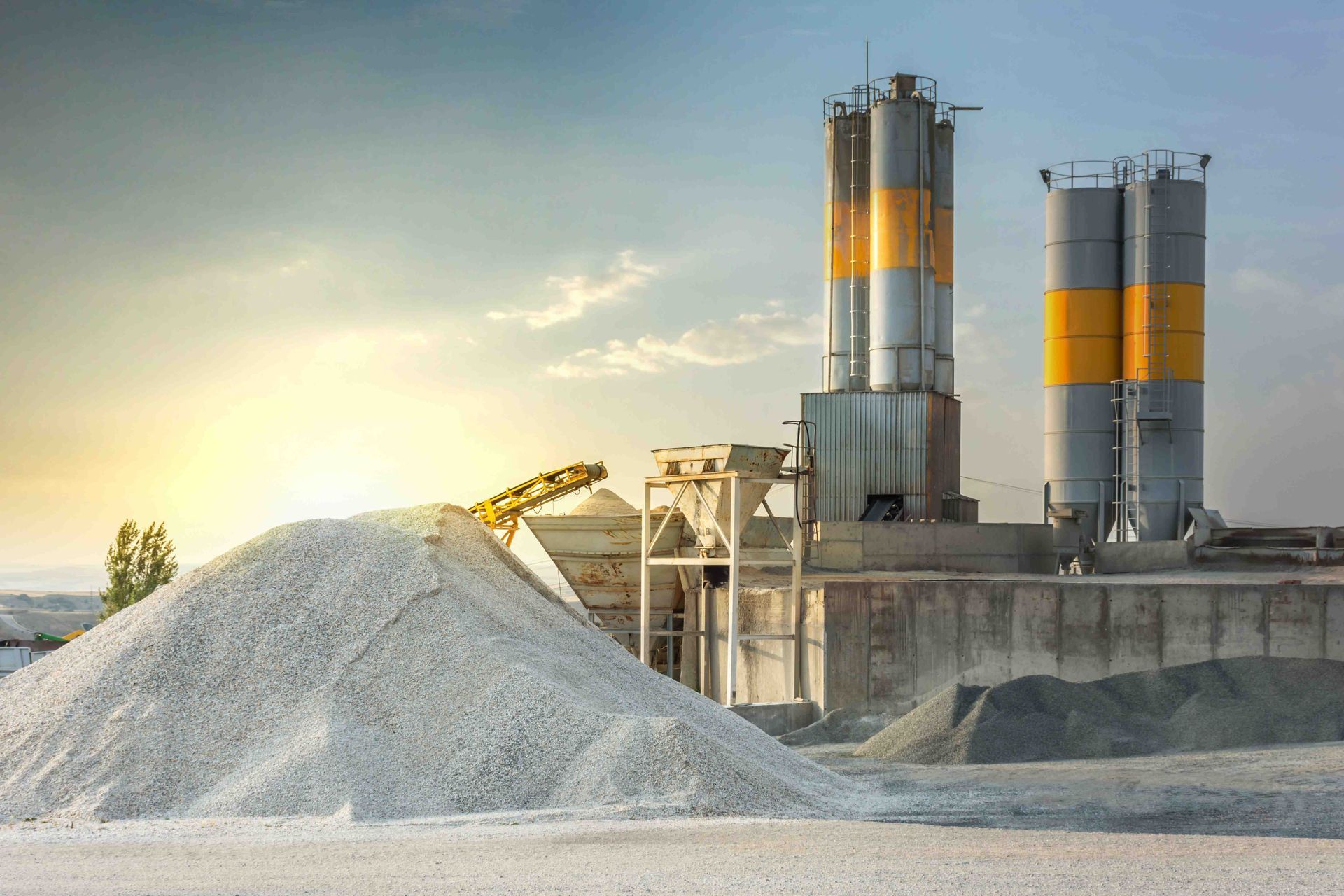What’s the Difference Between Mortar and Cement?

When you are working on a home renovation or addition project, you will likely come across construction terms that are new to you. One of the most commonly confused terms is mortar and cement.
Both of these substances play an important role in your home’s foundation and can be found in almost any structure. They also have very different functions and purposes in construction. Even if these two terms appear to be similar, they are actually very different from one another.
But how do you know which one is right for your project? Here, we’ll explore the differences between mortar and cement, so you can make the right choice for your next project.
In the meantime, if you need raw materials for your business or project, don’t hesitate to contact PermuTrade. We can facilitate the global trade of a wide range of commodities and products! If you have any questions, our team of experts will be more than happy to answer them. Just send us a message, and we’ll get back to you as soon as possible.
What Is Mortar?
Mortar is a building material that is used to bind or stick together two or more building elements or pieces together, such as bricks, stones, tiles, or concrete. Mortar is usually made from a mixture of sand, lime, and some sort of water-resistant material, such as Portland cement.
Since it’s used to bind things together, mortar is an essential part of the structure of your home. Mortar is used to hold bricks or stones together, such as in the wall of your home or fireplace. When used to fill the space between bricks, it’s also known as “grout.”
What Is Cement?
Cement is a substance made from combined minerals that hardens when water is added. It’s most commonly used as a building material in concrete. Cement is used in the manufacturing process of many building materials, including bricks, concrete, and stucco.
It’s also used as a sealant to prevent water damage. Cement is often water-soluble and must be mixed with sand and gravel to form a hard, durable substance. This mixture is often referred to as concrete. Cement is typically gray in color.
What’s the Difference between Mortar and Cement?
If you’re embarking on a home improvement or construction project, it’s important to know the difference between mortar and cement. Though these two materials are similar in many ways, they actually serve different purposes. Once you understand the key differences between mortar and cement, you’ll be able to choose the right one for your project.
Mortar is a mixture of sand, water, and cement. It’s used as a binding agent for bricks, stones, and other masonry materials. Cement is a powder made of limestone and other minerals, which is then mixed with water, sand, and gravel to create concrete. Concrete can be used for a variety of projects, from driveways to home foundations.
When choosing between mortar and cement, it’s important to keep in mind the specific purpose of each material. If you need a binding agent for masonry projects, mortar is the way to go. For general construction projects that require a strong foundation, concrete is the better choice.
How Are They Different?
Now that you know the basics of each material, let’s take a closer look at the key differences between mortar and cement:
1. Mortar is used as a binding agent, while concrete is used for projects like driveways and home foundations.
2. Mortar is made of sand, water, and cement, while concrete is made of cement, sand, water, and gravel.
3. Mortar dries hard, while concrete dries hard and is also very strong.
4. Mortar can be applied by hand or with a trowel, while concrete must be poured into place.
5. Mortar is available in different colors, while concrete is typically gray.
As you can see, there are a few key differences between mortar and cement. When choosing between the two, be sure to keep the specific needs of your project in mind.
When to Use Mortar
Mortar is used as a binding material to hold together bricks, stones, and other building materials. As such, it’s an essential component in masonry construction. Because mortar is not as strong as the materials it’s binding together, it’s important to choose the right type of mortar for your project.
When to Use Cement
Cement is commonly used as a binding agent in both concrete and mortar. Projects that typically require the use of cement include sidewalks, driveways, and swimming pools. Cement is also used to make grout, which is a type of mortar that is used to fill in the spaces between tiles.
Summing Up
Mortar and cement are important materials used in construction. While they are both used in construction, they have very different purposes and ingredients. Mortar is a building material that is used to bind or stick together two or more building elements or pieces together.
Cement is a substance made from combined minerals that hardens when water is added. Mortar is used to hold bricks or stones together, such as in the wall of your home or fireplace.
Cement is used to seal water damage and is commonly used as a building material in concrete. When using cement, it’s best to seal any cracks to prevent water damage to your home.
Call PermuTrade for All Your Raw Material Needs
Do you need cement or mortar for your next construction project? Then look no further than PermuTrade! We are a leading provider of raw materials, and we can supply you with all the cement and mortar you need. Contact us today to learn more about our products and services.
We are regular suppliers to some of the most prestigious construction companies in the world. So, if you need a reliable and reputable supplier of cement or mortar, then we are the company for you.
We go above and beyond to meet the needs of our customers. So if you have any special requirements, then please do not hesitate to let us know. We will do everything we can to accommodate your request.
Feel free to connect with us via our
Contact Form or by sending us an email at
info@permutrade.com.
Disclaimer: The information on this website and blog is for general informational purposes only and is not professional advice. We make no guarantees of accuracy or completeness. We disclaim all liability for errors, omissions, or reliance on this content. Always consult a qualified professional for specific guidance.






